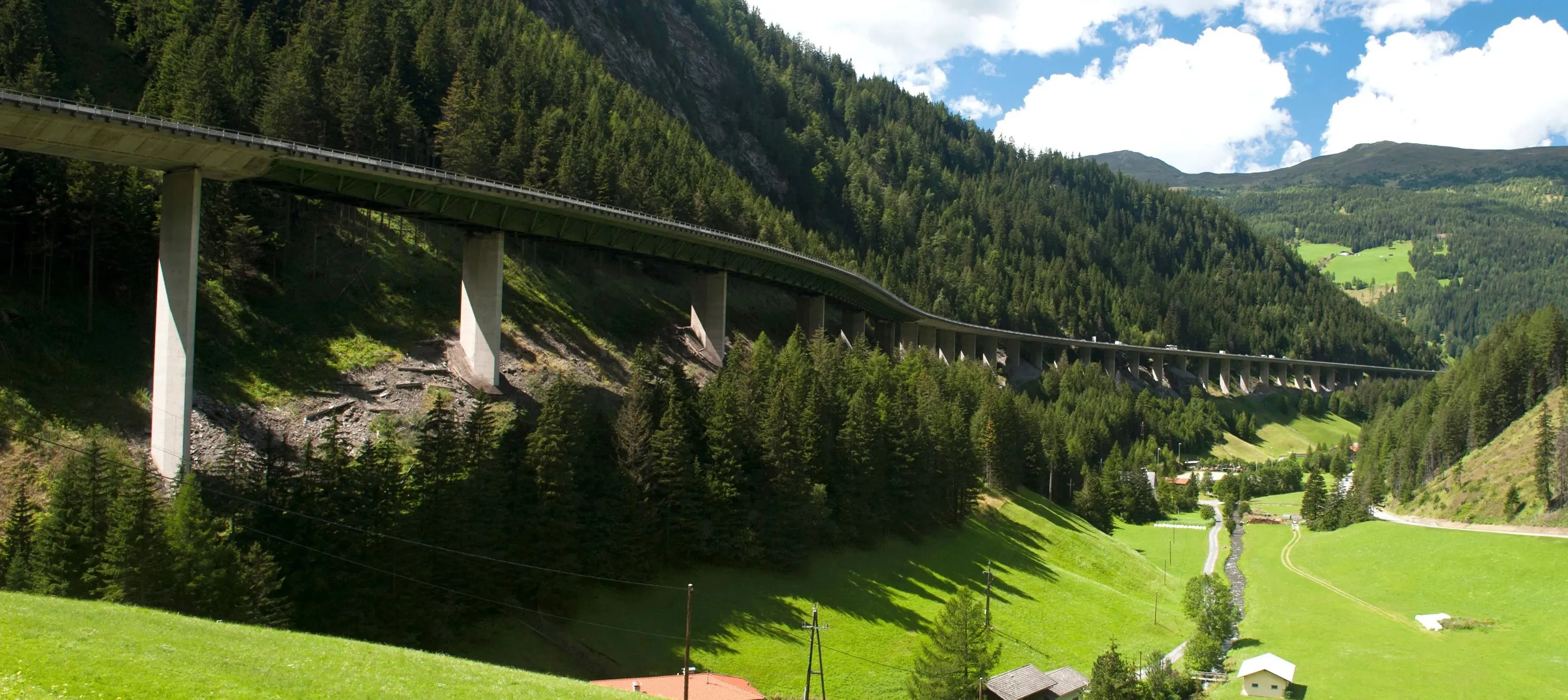Strong demand in the German building construction and civil engineering sector and booming Polish transport infrastructure construction helped fuel a double-digit increase in Strabag revenue and earnings during the 2011 financial year. The Austrian construction firm’s earnings before tax and interest (EBIT) rose by 12% to US$442.81million (€334.78million), resulting in an unchanged EBIT margin of 2.4%. Meanwhile, Strabag’s revenue rose by 11% to $18.13billion (€13.71billion).
April 27, 2012
Read time: 2 mins
Strong demand in the German building construction and civil engineering sector and booming Polish transport infrastructure construction helped fuel a double-digit increase in 945 Strabag revenue and earnings during the 2011 financial year.
The Austrian construction firm’s earnings before tax and interest (EBIT) rose by 12% to US$442.81million (€334.78million), resulting in an unchanged EBIT margin of 2.4%. Meanwhile, Strabag’s revenue rose by 11% to $18.13billion (€13.71billion).
Reacting to the 2011 financial results Strabag chief executive Peter Haselsteiner said: “Our current market environment is characterised by the debt crisis in Europe, the volatile financial markets, and the declining public-sector investments with simultaneously still higher demand for building construction from private and commercial clients. Thankfully, our group is diversified in terms of regions and segments and possesses a solid financial structure. Our flexible structure allows us to adapt our capacities quickly. Therewith, in the light of this environment, we managed to generate extraordinarily good results in the financial year 2011.”
Strabag also acquired two construction SMEs in Switzerland in the first quarter of 2011, which had a positive effect on the development of the revenue and output volume. Company output volume rose by 12% to $18.94billion (€14.3billion) in 2011.
Based on its perceived balanced business in terms of regions and segments, Strabag said it expected its output for the 2012 financial year to remain unchanged.
The company’s management board is set to propose a dividend per share of €0.60 to the Group’s AGM on 15 June 2012 – a rise of 9% compared to 2010.
The Austrian construction firm’s earnings before tax and interest (EBIT) rose by 12% to US$442.81million (€334.78million), resulting in an unchanged EBIT margin of 2.4%. Meanwhile, Strabag’s revenue rose by 11% to $18.13billion (€13.71billion).
Reacting to the 2011 financial results Strabag chief executive Peter Haselsteiner said: “Our current market environment is characterised by the debt crisis in Europe, the volatile financial markets, and the declining public-sector investments with simultaneously still higher demand for building construction from private and commercial clients. Thankfully, our group is diversified in terms of regions and segments and possesses a solid financial structure. Our flexible structure allows us to adapt our capacities quickly. Therewith, in the light of this environment, we managed to generate extraordinarily good results in the financial year 2011.”
Strabag also acquired two construction SMEs in Switzerland in the first quarter of 2011, which had a positive effect on the development of the revenue and output volume. Company output volume rose by 12% to $18.94billion (€14.3billion) in 2011.
Based on its perceived balanced business in terms of regions and segments, Strabag said it expected its output for the 2012 financial year to remain unchanged.
The company’s management board is set to propose a dividend per share of €0.60 to the Group’s AGM on 15 June 2012 – a rise of 9% compared to 2010.







